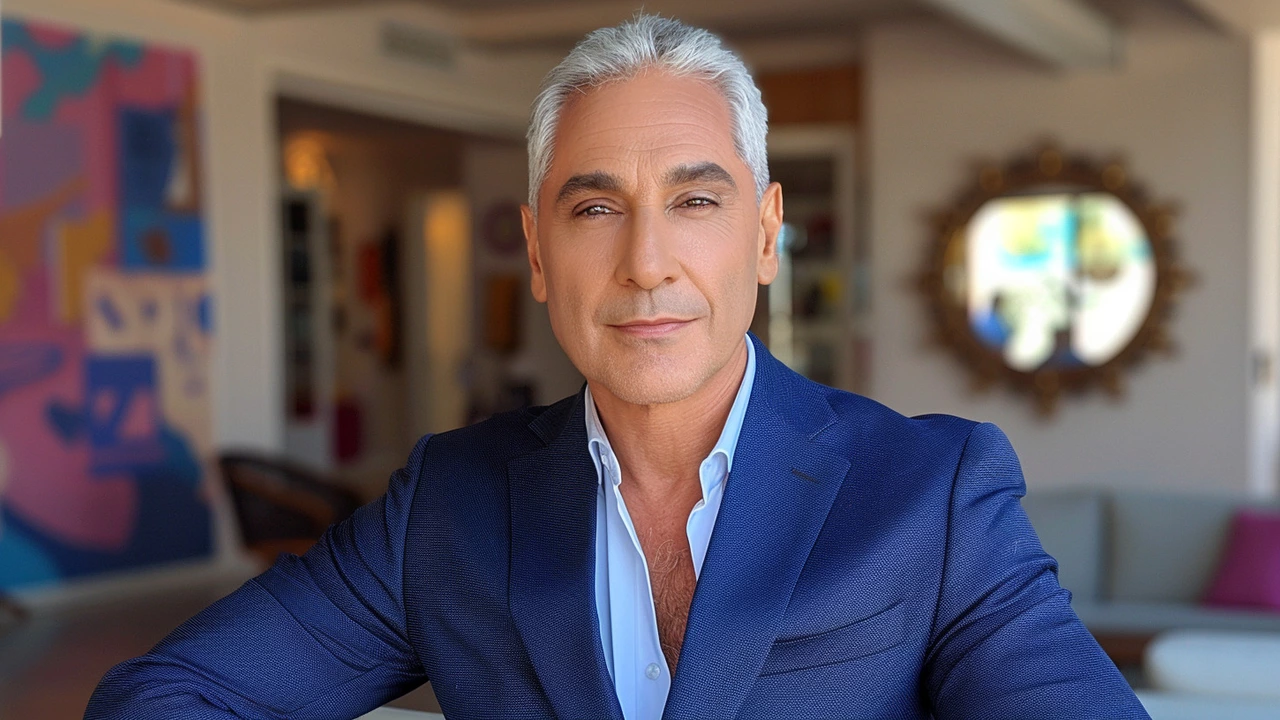Audience Booing: What It Means and How to Deal With It
Ever watched a match and heard a wave of boos crash over the stadium? That’s audience booing – a loud, collective way fans show displeasure. It can feel brutal, but it’s just part of the sport’s emotional language.
Why Fans Boo: The Psychology Behind the Noise
Fans don’t boo for no reason. Bad calls, a missed penalty, or a star player underperforming can trigger a reflex. The crowd acts like a single organism; one voice starts, and the whole arena follows. In many cases, the boos are less about personal attacks and more about protecting the team’s pride.
How Players and Coaches React
When the stands erupt, a calm response works best. Ignoring the noise, staying focused on the game plan, and letting performance speak louder than the boos usually wins respect. Some coaches use the moment as a motivation boost – a reminder that the fans are watching and expect effort.
For younger players, hearing their name shouted in disapproval can be jarring. Sports psychologists suggest a quick mental reset: take a deep breath, visualize the next play, and block out the crowd. Visualization and positive self‑talk help turn negative energy into a fuel for better play.
Officials also feel the sting of audience booing, especially after controversial decisions. The best practice is to stick to the rulebook, keep a neutral tone, and avoid engaging with the crowd. Most leagues have guidelines that protect referees from abuse, and reporting extreme cases helps keep the environment safe.
From a club’s perspective, managing booing starts with fan education. Clear communication about match expectations, respectful behavior, and the consequences of harassment can reduce volatile moments. Some stadiums announce a zero‑tolerance policy for targeted booing, especially when it’s directed at a player’s race, gender, or personal life.
If you’re a fan who wants to express disappointment without crossing the line, consider chanting alternatives. A chorus of “Come on!” or “Let’s win!” keeps the energy positive while still signaling dissatisfaction.
Finally, remember that booing is a two‑way street. When a team turns the tide with a brilliant comeback, the same crowd can flip to thunderous applause. The key is staying in the moment and letting the game dictate the mood.
So next time you hear those boos, think of them as a noisy reminder that sports live and die by passion. Whether you’re on the pitch or in the stands, channel that energy into something constructive – better play, smarter decisions, or a louder, more respectful chant.
Britain's Got Talent: Audience Confusion Over Bruno Tonioli's Curious Booing Incident
During the second semi-final of Britain's Got Talent, judge Bruno Tonioli was unexpectedly booed by the audience at Hammersmith Apollo, even when he offered positive feedback. Viewers at home were baffled, resulting in a flurry of social media reactions. Notable acts included magician Jack Rhodes, Blitzers, and Matteo Fraziano. The show continues on ITV1.
